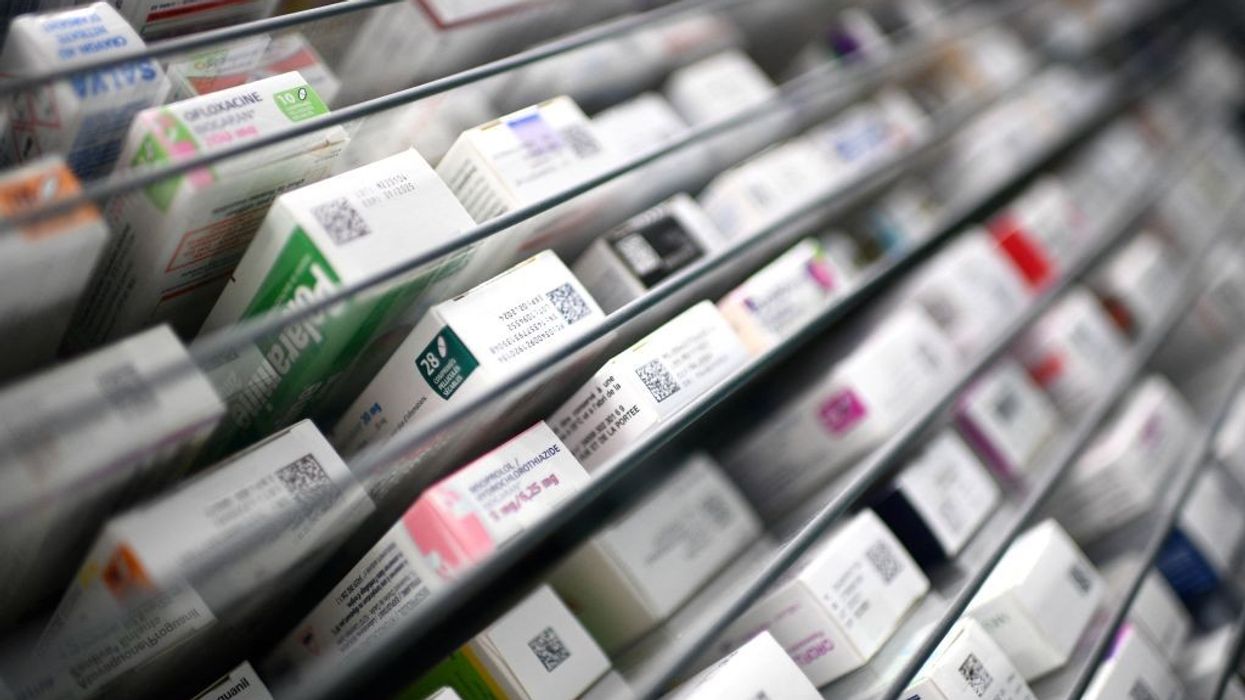Outcomes-centred contractual frameworks and greater stakeholder collaboration between the NHS and pharmacy sector is required to unlock value-based medicines optimisation
A recently published report on medicines optimisation highlights the urgent need for transformative changes across all pharmacies to unlock their full potential in delivering integrated care.
The report by Public Policy Projects (PPP) is first of the four in the series that emphasises the significant benefits that medicines optimisation can bring to integrated care systems (ICSs).
This includes reducing health inequalities and improving population health.
Pointing to the "untapped opportunity" that medicines optimisation presents for ICSs facing financial challenges, the report underscores the vital role of pharmacies in enhancing patient outcomes.
The launch of the Pharmacy First services has already demonstrated the essential contribution of pharmacies to the health and care system.
With "medicines being the second highest cost to the NHS," the report recommends ways "to achieve better value for money while improving patient outcomes".
However, it also notes that further support is necessary to maximise the value of medicines optimisation, which includes improving patient flow, reducing hospital admissions, and enhancing community care.
It also advocates for new contractual frameworks that enable pharmacies to deliver patient-centric and outcomes-based medicines optimisation interventions.
Recommending greater collaboration between the NHS and industry, the report underscores that "the NHS’s transition to a systemised approach has introduced barriers to collaboration, complicating the delivery of pharmacy priorities."
The establishment of ICSs in 2022 and the subsequent systemisation of medicine optimisation have created challenges for pharmacies.
Moreover, the restructuring of medicines teams and leadership positions has complicated collaboration across all parts of the system and with industry partners.
This situation is aggravated by broader issues such as insufficient pharmacy leadership, workforce shortages, and inadequate career development opportunities.
These challenges are compounded by the fact that ICSs vary in their maturity and are under increasing financial pressure.
Yousaf Ahmad, Chief Pharmacist at NHS Frimley, commented, "As we navigate the complexities of integrated care delivery, this report highlights a significant opportunity for pharmacy to contribute in a more meaningful way.
"Through more effective collaboration to deliver medicines optimisation, pharmacy has the potential to drive positive patient outcomes and produce value-based efficiencies."
Calling to the PPP report "thoughtful" , Michael Lennox, Local Integration Lead for the National Pharmacy Association (NPA), said:
"In our own recent round table deep-dive on medicines optimisation it was clear that there is a strong consensus that community pharmacy can expand our role to deliver a marked uplift in medicines optimisation.
"This will deliver benefits to cost-effective patient care, provided a re-imagination of our national contract paves the way, and local systems embrace and enable these opportunities."












